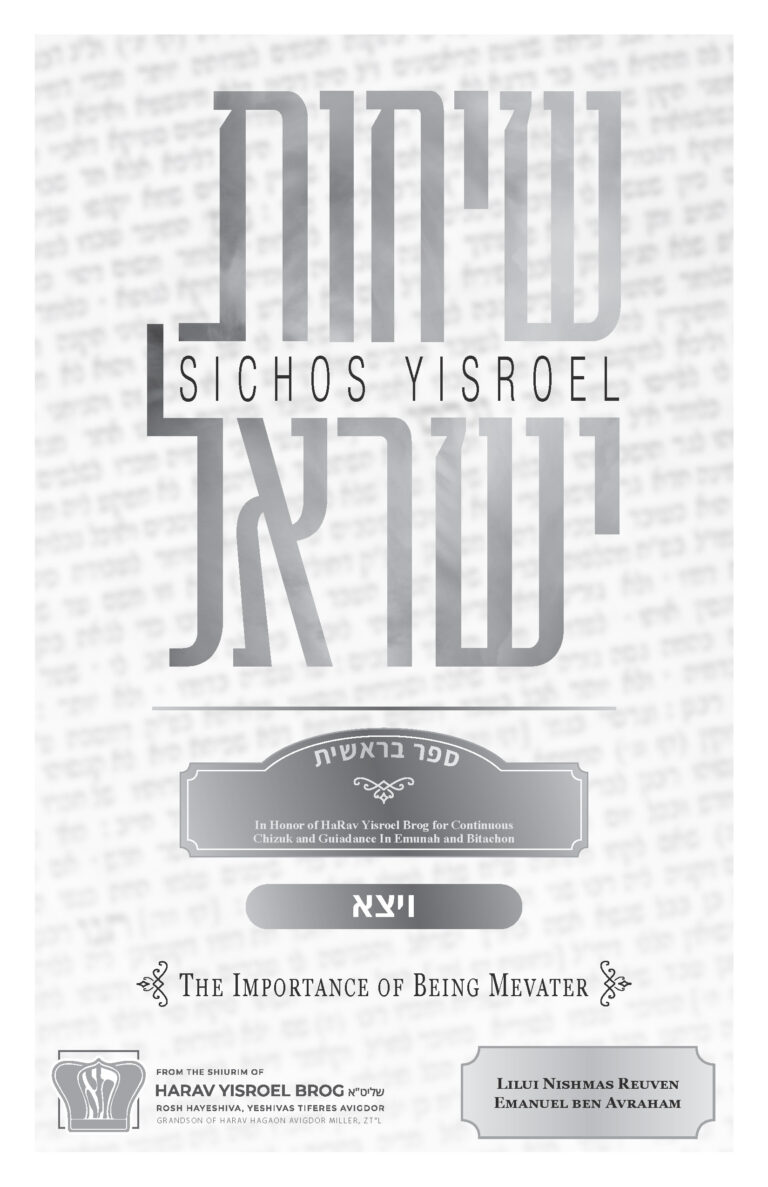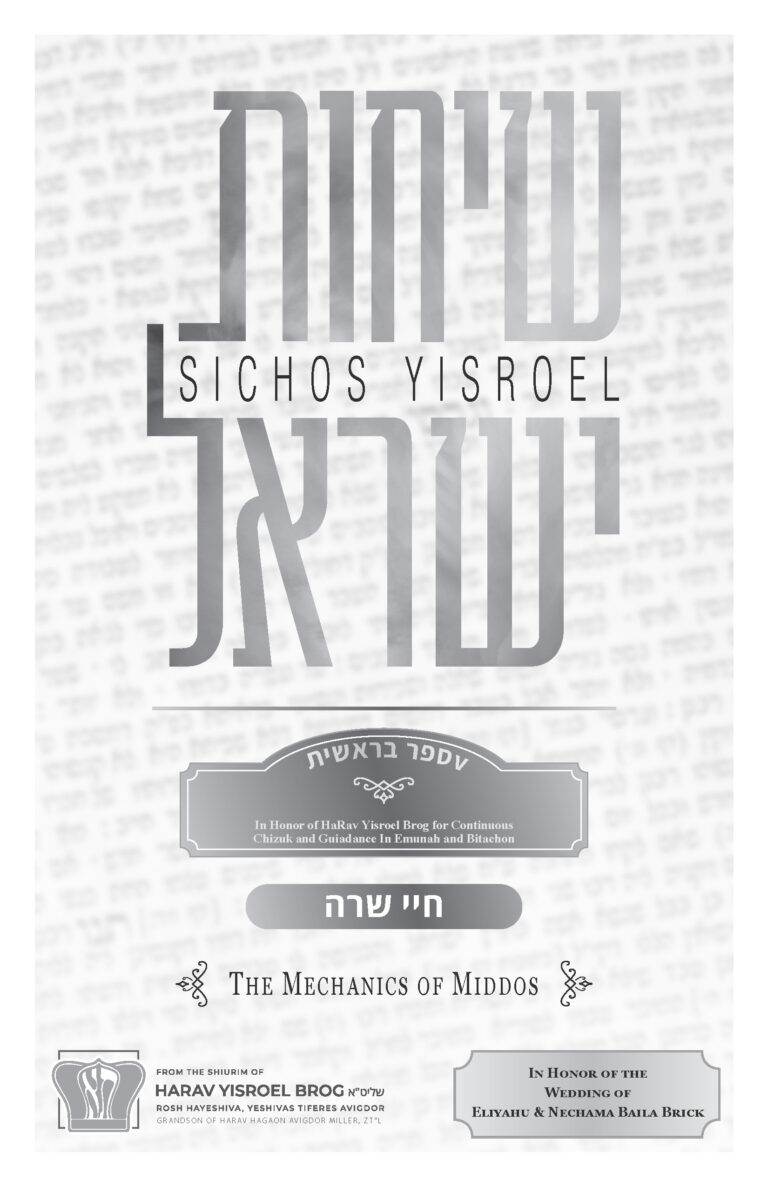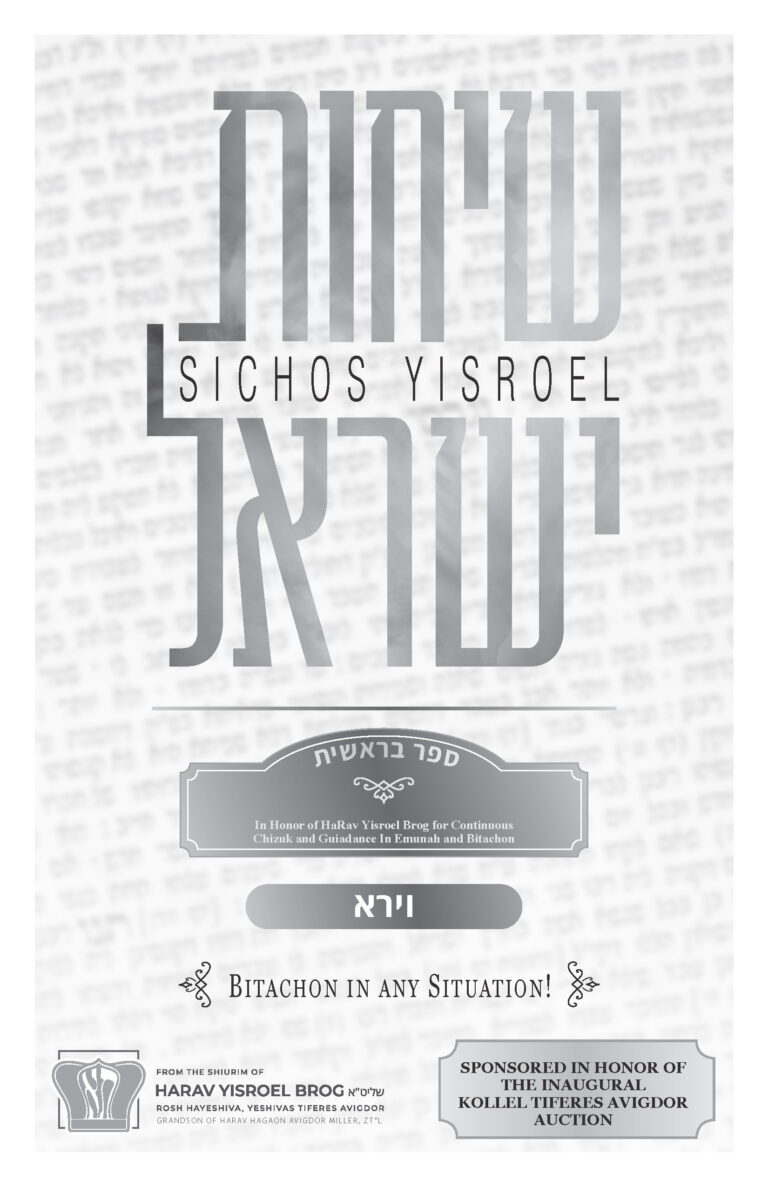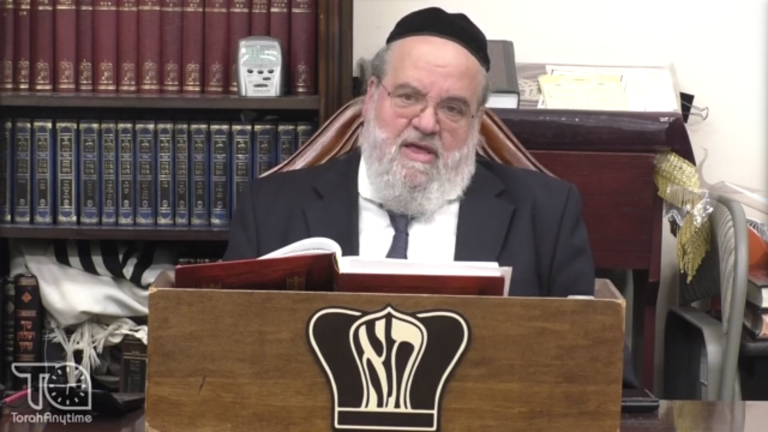Vayishlach 5784: Acquiring a Torah Worldview
We live in a generation where the darkness is such a darkness and people have accustomed themselves to the darkness that they actually perceive as light. The passuk says, “Hashem placed the world under choshech and it became night” (Tehillim 104:20).








